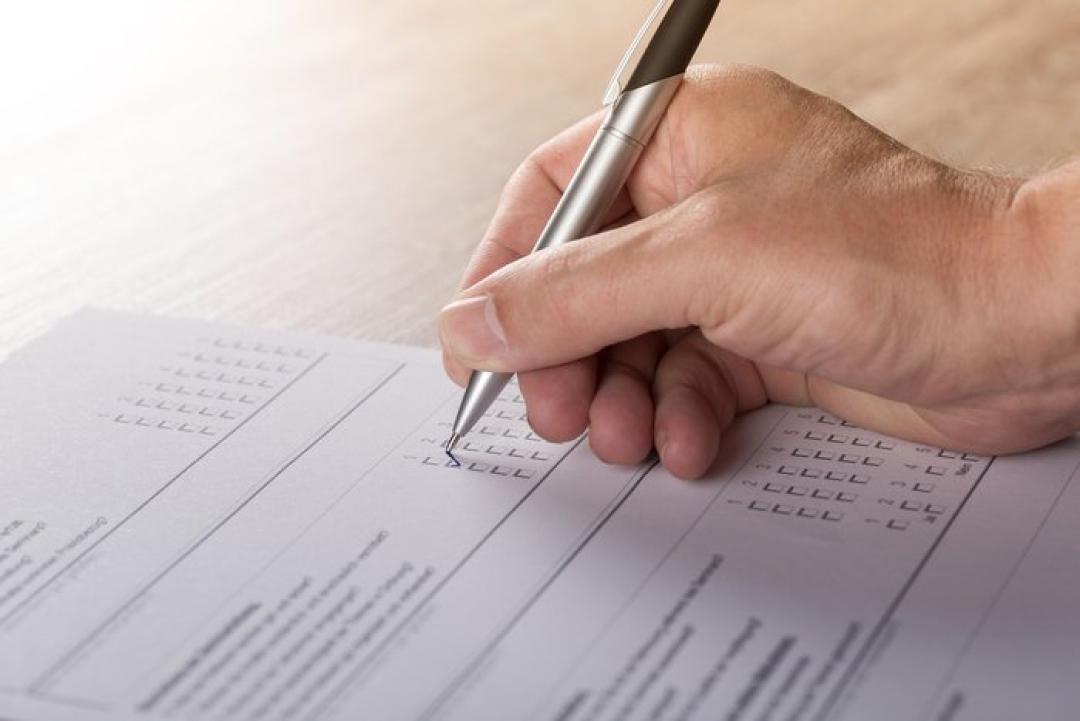
New Survey Results on Georgia's Foreign Policy

According to CRRC's research, most Georgian citizens believe that membership in NATO will bring economic development to their country and do not believe that they will lose their national identity.
Respondents were also asked which countries or alliances Georgia should have the closest political cooperation. Almost half of the population (47%) believe Georgia should have the closest political cooperation with Western countries/organizations, 12% - with Russia. Here are the main findings of the survey:
Georgian citizens maintain a strong pro-Western orientation: most of them want to see their country as a member of the European Union and NATO. At the same time, they expect an increase in Russian aggression toward Georgia. They believe that NATO and EU membership will bring economic development to the country and that the danger of losing national identity is exaggerated: only 22% of Georgian citizens agree that Georgia will lose its national identity in case of EU membership. In comparison, 73% agree that joining the EU will contribute to the development of Georgia's economy. At the same time, Georgian society is not homogeneous. Some groups are more supportive of pro-Western aspirations than others: the level of support for Georgia's pro-Western aspirations is higher among young people, urban residents, people with higher education, and opposition supporters than among other groups.
Most Georgian citizens do not believe that war with Russia can be avoided through concessions. Slightly more than one-third of Georgian citizens believe that Ukraine could or could avoid war with Russia by making concessions. At the same time, almost half of the respondents (46%) say that concessions to Russia would not help Ukraine to avoid war. Supporters of the "Georgian Dream" often answer citizens who do not favor parties and supporters of the opposition that war can be avoided in Ukraine and Georgia through concessions.
Most Georgian citizens disagree with giving up strategic national interests to avoid war with Russia. Although, in general, the Georgian society does not reject possible compromises, it is against sacrificing the country's pro-Western aspirations, territories, and independence to appease the political ambitions of its northern neighbor. Only a fifth of respondents (and slightly more in the case of Ukraine) agree that Georgia should give up its pro-Western orientation if it would avoid war, while more than half of respondents disagree with this possible compromise.
Supporters of the "Georgian Dream" are more willing to give up their pro-Western orientation to avoid war than opposition supporters and non-partisans. On the other hand, young people, urban residents, and citizens with higher education are less willing to trade the country's pro-Western aspirations for possible peace with Russia. Other potential compromises, such as ceding part of the territories for peace or independence, are even more categorically rejected by the population than giving up the pro-Western orientation.
The content of the information provided influences attitudes about trade-offs. A randomized experiment conducted within the survey framework shows that different groups react differently to information of different content: about Ukraine's military success or Ukraine's military losses. The provided information affects the most pro-Western segment of the population: groups with the strongest pro-Western attitudes and most minor support of any compromise with Russia (opposition supporters and, to some extent, young people) are most influenced by information about military losses in Ukraine and more than other groups. They are changing their opinions in favor of a softer position towards Russia.
The majority of Georgian citizens positively evaluate the role of Ukrainian President Volodymyr Zelensky. In terms of high evaluation, he is followed by former British Prime Minister Boris Johnson and US President Joe Biden. The population negatively evaluates the President of Russia, Vladimir Putin, and the President of Belarus, Alexander Lukashenko. In general, supporters of the opposition are more categorical in their assessments and describe the role of the president of Ukraine and Western leaders more positively and the role of the presidents of Russia and Belarus - more negatively than the supporters of the "Georgian Dream" and citizens not in favor of any parties. As for the actions of the Georgian leadership regarding the Russia-Ukraine war, the supporters of different parties evaluate them in different ways.
The survey was conducted by CRRC-Georgia, with the financial support of the National Endowment for Democracy (NED), in August-September 2022, representative of the population of Georgia.
See Also


Simonyan: “Armenia Should Trade with Turkey and Azerbaijan Instead of Closing Borders”

Mirzoyan Meets US Deputy Assistant Secretary Joshua Huck

Azerbaijani President Holds Talks with UAE and German Business Delegations on Economic Cooperation

Grigoryan Confirms Armenia’s Readiness to Dissolve OSCE Minsk Group Upon Peace Treaty Signing

